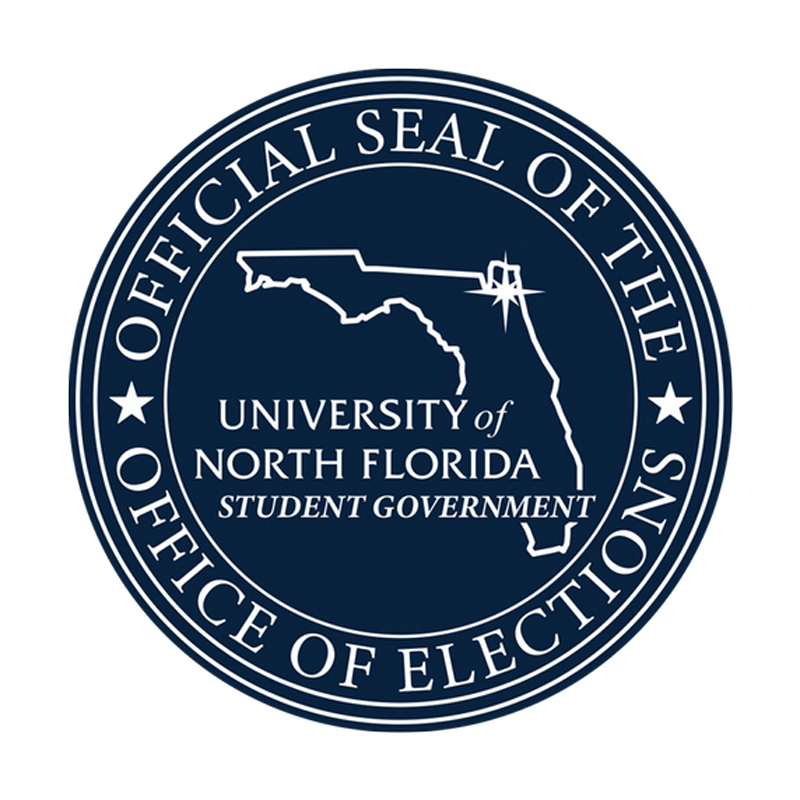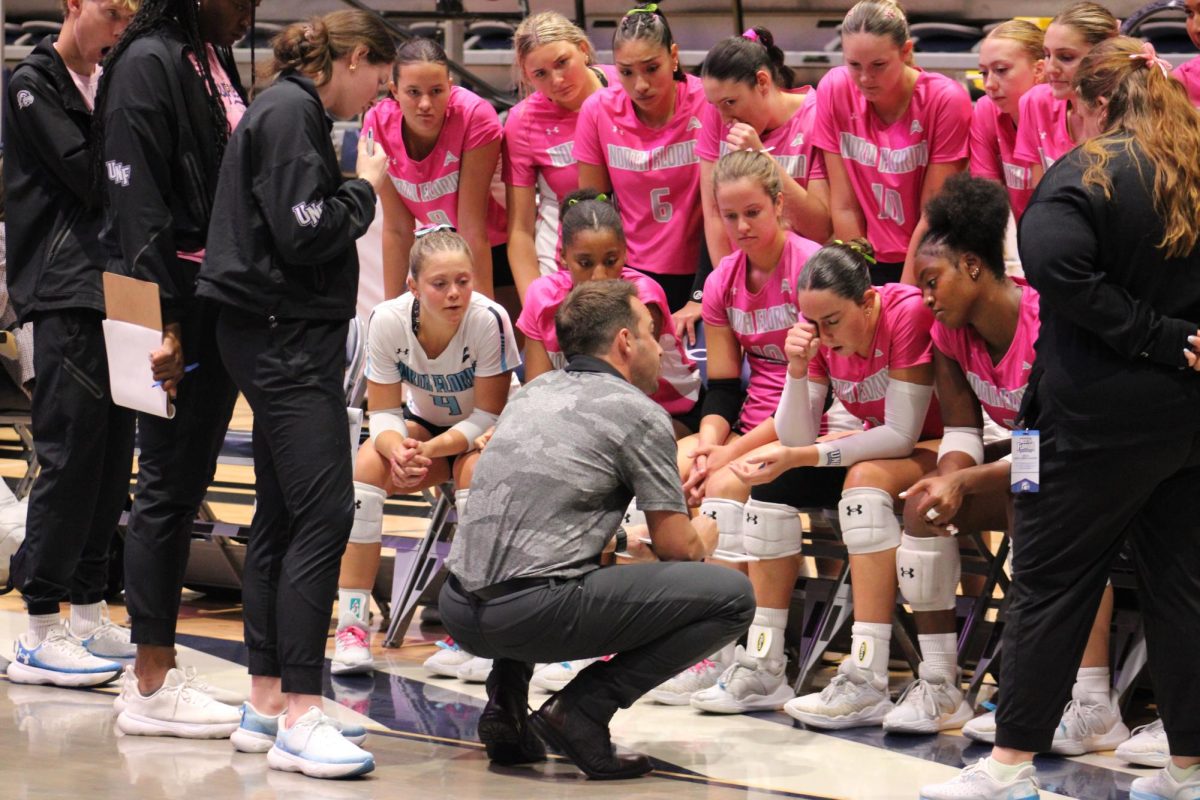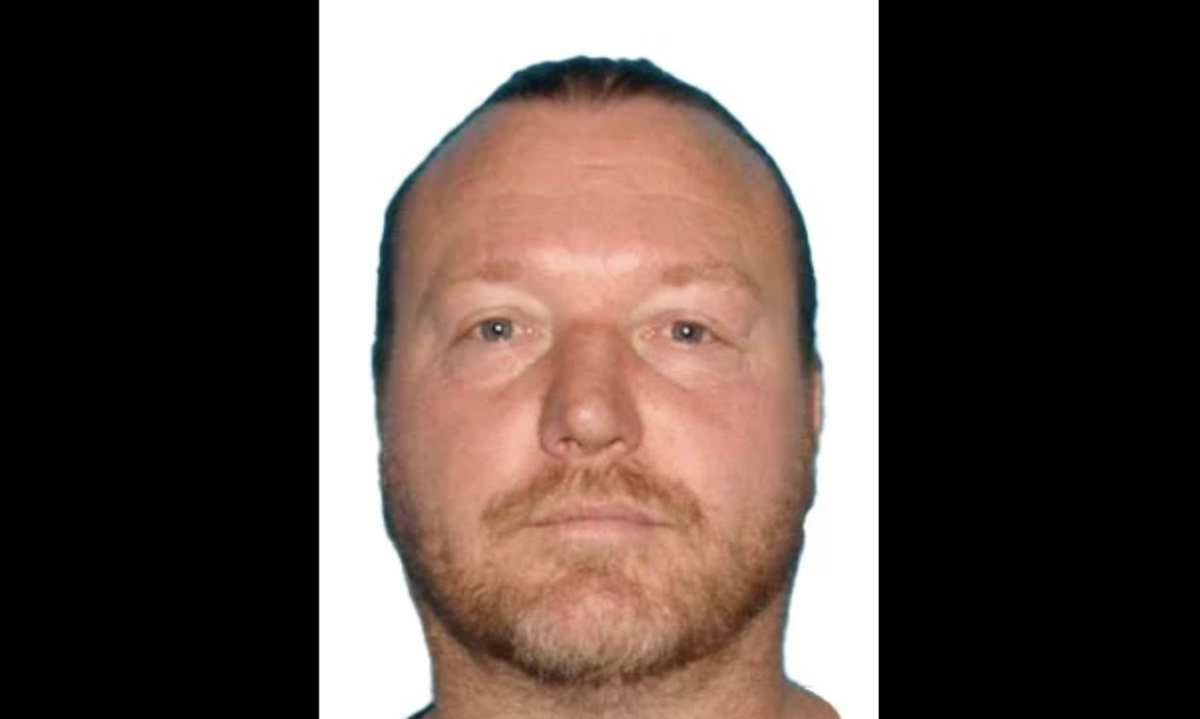A Florida state law championed by Gov. Ron DeSantis was blocked by a federal judge on Nov. 17, who called it a “positively dystopian” policy that restricts how lessons on race and gender can be taught in colleges and universities.
The law, Stop Wrongs to Our Kids and Employees (W.O.K.E), took effect on Jul. 1, 2022, and has since faced legal backlash and public opposition. Tallahassee U.S. District Judge Mark Walker issued a temporary injunction on the law, making it his second decision to block parts of the law after his first ruling in Aug. 2022.
Called the strongest legislation of its kind, Stop WOKE, or HB 7, codifies the Florida Department of Education’s prohibition on teaching critical race theory (CRT) in K-12 schools and prohibits school districts, colleges and universities from hiring so-called “woke CRT consultants.”
“[DeSantis] believes that talking about specific uncomfortable topics, like American racial history, ultimately propagates racism in the classroom,” University of North Florida professor Izabela Majewska said. Majewska works in the political science department at UNF.
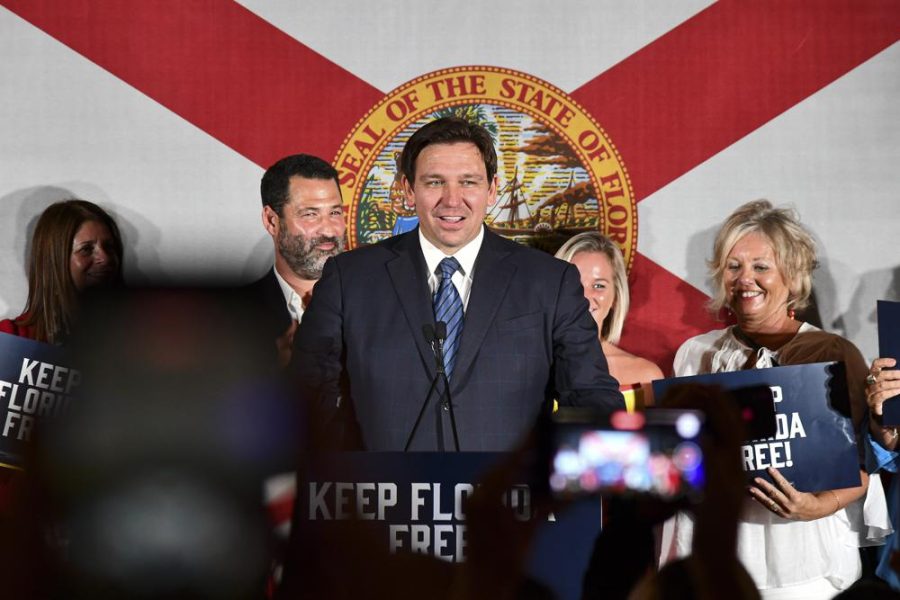
She explained that the Stop WOKE legislation aims to stop the ‘woke’ practices within K-20 education and limit the uncomfortable conversations surrounding race and America’s racial history.
Stop Woke applies to criteria in both K-12 schools and higher-level universities, as well as corporate institutions—prohibiting teachers, professors and employers from teaching or training students about critical race theory ideas.
Critical race theory is a decades-old academic concept that says racism is not merely the product of individual bias or prejudice but rather something that is embedded in legal systems and policies.
The law prohibits teaching concepts related to race including that “members of one race, color, national origin, or sex are morally superior to members of another race, color, national origin, or sex; a person’s moral characters or status as either privileged or oppressed is necessarily determined by his or her race, color, national origin, or sex,” according to the bill.
Majewska explained that part of the law’s controversy lies in the prohibition of teaching such topics in higher academia like colleges and universities because professors believe in academic freedom that allows them to have complex and uncomfortable conversations with students.
“Professors think that [HB 7] is a direct attack on academic freedom, a principle that drives higher education in the United States for, at this point, over 100 years,” Majewska said.
Controversial bills aren’t something new to Gov. DeSantis—in March of this year, DeSantis signed the Parental Rights in Education bill (HB 13), or as critics call it, the “Don’t Say Gay” bill, which faced significant backlash and opposition.
Judge Walker’s recent decision is the second legal setback for the law after his first August ruling that blocked another part of the bill targeting workplace diversity practices. However, Walker declined to stop the law from being enforced in Florida’s K-12 schools in this decision.
“The State of Florida’s decision to choose which viewpoints are worthy of illumination and which must remain in the shadows has implications for us all,” Walker wrote in his recent ruling. “But the First Amendment does not permit the State of Florida to muzzle its university professors, impose its own orthodoxy of viewpoints, and cast us all into the dark.”
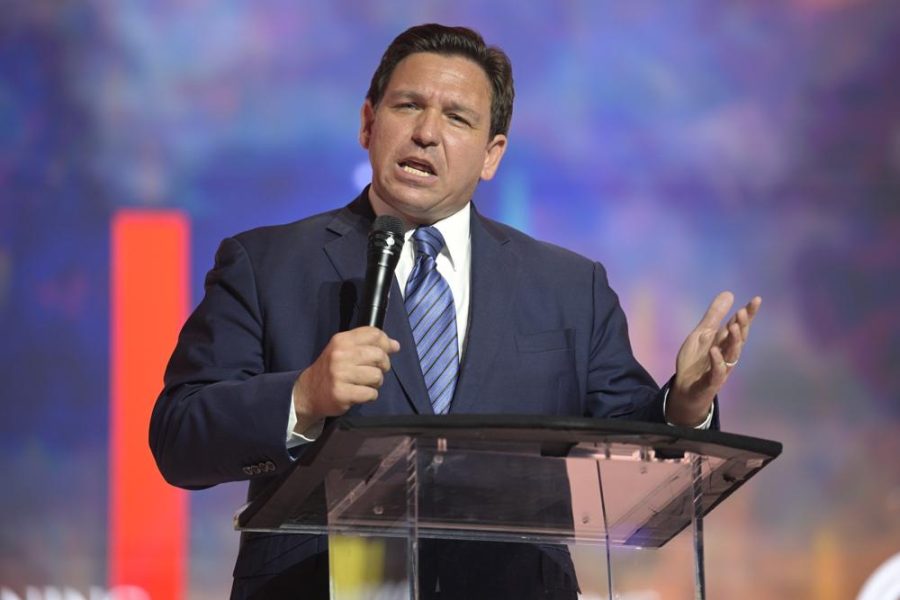
“Judge Walker basically upheld the argument that even though professors may be hired by individual institutions of higher learning,” Majewska explained. “They are still capable of having individual discussions based on critical thinking in the classroom with their students.”
Majewska also explained that the law’s details of what specifically can and cannot be taught or discussed in classrooms are extremely vague.
“Even though the piece of legislation is very vague, the allocated punishment for breaking this law is very strict,” Majewska said.
Not only could a professor or instructor lose their job for violating the law, she said, but the institution a professor works for may be deprived of future funding from the state.
This temporary injunction means that key parts of the bill cannot be enforced at the state’s universities unless it is appealed at the 11th Circuit U.S. Court of Appeals, which holds a majority of federal judges appointed by former President Donald Trump.
Because Judge Walker’s ruling is only a temporary halt on the Stop Woke Act, the bill’s future is still up in the air. Majewska believes that the bill will see even more legal lawsuits as well as backlash from universities and professors as more research is conducted.
Meanwhile, DeSantis and his administration have said they would appeal the judge’s decision.
___
For more information or news tips, or if you see an error in this story or have any compliments or concerns, contact editor@unfspinnaker.com.




